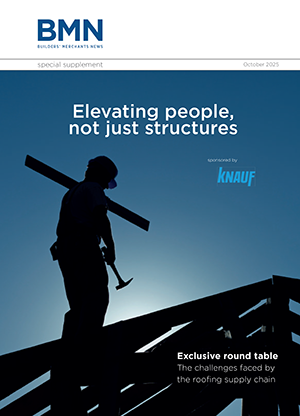The Department of Energy & Climate Change (DECC) has released the latest figures for the Renewable Heat Incentive (RHI). The numbers show that from April to July 2014, 7,418 homes have applied for payments under the domestic RHI.
Tim Pollard, Plumb and Parts Center's head of sustainability shares his view.
“The RHI figures make for some interesting reading. The initiative is the first of its kind in the world, so a lot of people will be keeping a close eye on how it progresses.
“It’s still very early days as the domestic RHI only went live on 9 April this year, but even in this short period of time there’s a lot we can read into.
“One of the most interesting things for installers is the type of technology that people are installing. If we look at the non-domestic RHI figures, which has been running for longer, a big majority (93%) of applications are for biomass boilers.
“The domestic RHI figures however, show 37% of people are applying for payments for an air source heat pump. The next most popular is solar thermal (25%), then biomass systems (22%) and ground source heat pumps (16%).
“Although it’s important to note that these figures include legacy applications (those fitted before the official start of the scheme and after 15/7/09). It’s interesting to look at the breakdown of new applications, which shows biomass (43%), ASHP (32%), Solar Thermal (20%), GSHP (5%).
“This is more representative of the market today ago, and reflects our experience at Plumb and Parts Center.
“Geography is also important. Renewables are particularly appealing in off-grid areas as the people there don’t have access to the cheapest energy, gas. This is reflected in the figures for both the domestic and non-domestic RHI, where most applications have come from the South West and Scotland; with the West Midlands and South East providing the next biggest numbers.
“For installers looking to work in the renewables industry, these figures are important. They show non-domestic properties favour biomass boilers, but air source heat pumps are also popular for homeowners and landlords.
“If installers work in an area where there have been a lot of RHI applications, it could seriously be worth investing in getting qualified to work with the scheme, because people are interested in switching to a renewable heating system, and this could provide extra business.
Mr Pollard concluded: “It’s an exciting time for the renewables industry which could offer a lot of opportunities for installers, I’m interested to see how it develops.”






